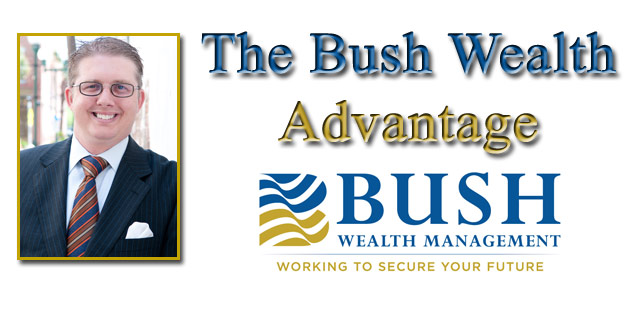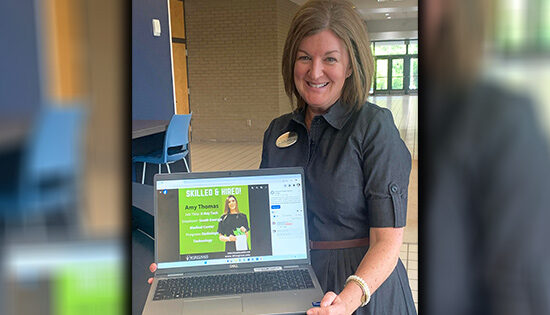Stacy Bush, Valdosta Today Financial Contributor
When the rules of the game change, tactics should follow in response to the new landscape. While estate tax exemptions have ridden an uncertain roller coaster in recent years, the rules appear to be stabilizing, prompting many to reconsider conventional estate strategies.¹
In 2013, Congress raised the estate and gift tax exemption to $5 million per person, adjusted for the rate of inflation and set the top rate at 40%. At the moment, the estate exemption is $5.43 million.²
This exemption increase means that potentially hundreds of thousands of additional American households may be able to pass on their assets free of estate taxes than in previous years. It also means that individuals may want to revisit their current approach to estate management.
Changes in Gift Strategies
One of the objectives of gifting assets is to manage estate taxation on its future growth. However, this strategy came at the cost of losing the tax advantage of the step-up in cost basis attached to inherited assets. Since more assets are excluded from the estate tax, the need to gift assets for tax purposes may no longer be necessary.
For many estates, there may now be no reason to gift assets during a lifetime, unless there is a present need with a family member.
Joint Ownership of Assets
An individual may want to consider re-titling assets to joint ownership with a spouse to take advantage of the step-up when the first spouse dies, which may save capital gains taxes when the asset is subsequently sold by the surviving spouse.
Rethinking Trust Strategies
Spouses no longer need to create or maintain a trust in order to take full advantage of both spousal exemptions since the surviving spouse is now able to claim the deceased spouse’s exemption. Indeed, previously established trusts may actually raise tax bills by missing out on the step-up.³
Creating an estate strategy is complex and should be done with the assistance of a tax or legal professional. Suffice it to say that these recent changes represent a good reason to revisit your existing approach to estate management.
The information in this material is not intended as tax or legal advice. It may not be used for the purpose of avoiding any federal tax penalties. Please consult legal or tax professionals for specific information regarding your individual situation.
Internal Revenue Service, 2015. Using a trust involves a complex set of tax rules and regulations. Before moving forward with a trust, consider working with a professional who is familiar with the rules and regulations.
Stacy Bush has practiced independent financial advising in the Valdosta area for 14 years. Growing up on a farm in Donalsonville, Georgia, he is keen to the financial needs of South Georgia and North Florida families. Stacy and his wife, Carla, live in Valdosta with their four children. You can submit questions about this article to askstacybush@lpl.com











